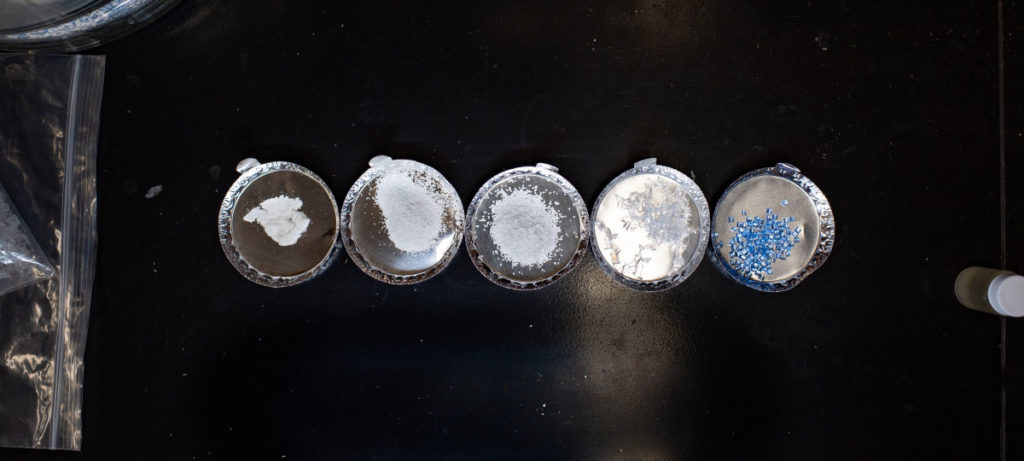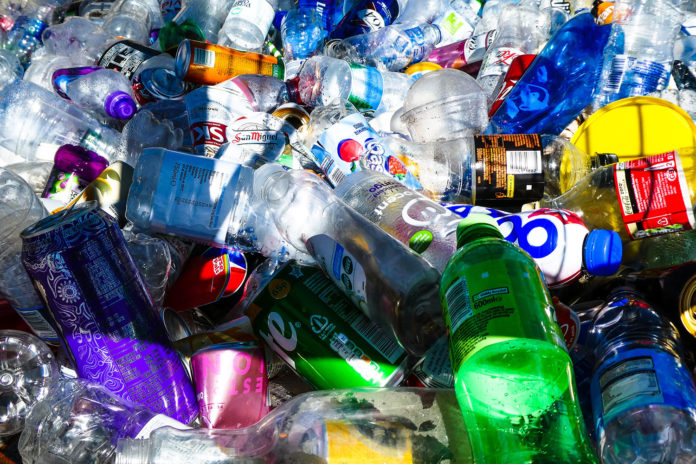Plastic waste is choking our planet. Scientists try every day to find creative solutions to this growing problem, with some even turning plastic bottles into vanillin using bacteria.
More recently, two U.S. scientists have won an award called the 2021 Future Insight Prize earlier this month for technology that they say can convert plastic waste and inedible biomass into safe and edible food. The unique “food generator concept” was developed by Ting Lu, a professor of bioengineering at the University of Illinois Urbana-Champaign, and Stephen Techtmann, associate professor of biological sciences at Michigan Technological University, who won €1 million prizes for plastics-to-protein research.
The project was initially funded by a Defense Advanced Research Projects Agency (DARPA) cooperative agreement award for $7.2 million over four years to refine a method of chemical and high heat (pyrolysis) deconstruction of plastic waste into protein powder and lubricants.
“We use engineered natural organisms to break down plastics and non-edible plant biomass to convert into food,” Techtmann said. “It is such an honor to be awarded this prize. This prize will allow us to pursue high-risk and high-reward lines of research that will enable us to move this work forward more quickly.“

The technology relies on what Lu calls synthetic microbial biology, which essentially relies on gene-hacked microbes to break down the molecules of end-of-life plastics and turn them into protein.
The waste first goes into processing reactors to be broken down by heat. Once broken down, the byproduct is fed into a vat with the bacterial community, which chews on whatever flows there and grows. The cells are then dried down into a powder for later use.
The resulting foods contain all the required nutrition, are nontoxic, provide health benefits and additionally allow for personalization needs, according to Merck Group, which has funded and recognized the project.
And, as part of the Future Insights prize, the team plans to develop a purely biological process for plastic conversion into food. This process will use enzymes for depolymerizing plastics and include bacteria to break down inedible plant biomass and other wastes.
In addition, the research team uses synthetic biology approaches to augment probiotics, improving food quality by increasing nutritional contents, boosting resistance to foodborne pathogens, and adding personalized therapeutic benefits.
Researchers are experimenting with a series of PET materials in order to find the optimum particle size and processing parameters to reduce energy consumption while producing the most products that will be consumed by the microbial community. This revolutionary technology could help ensure a secure and sustainable food supply while reducing the environmental damage caused by plastic waste and traditional agricultural practices.
